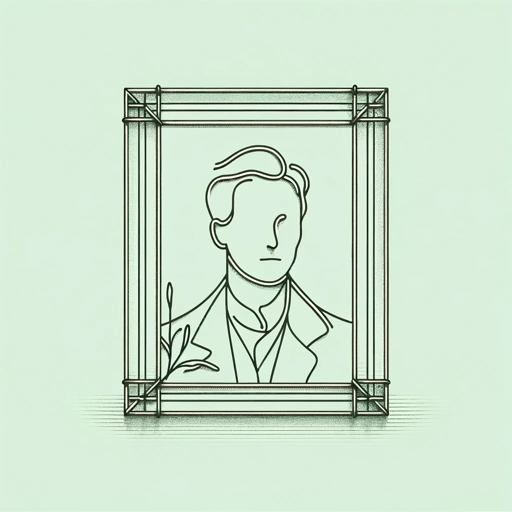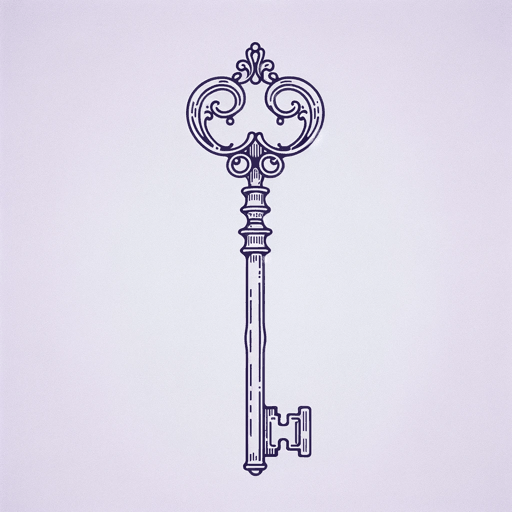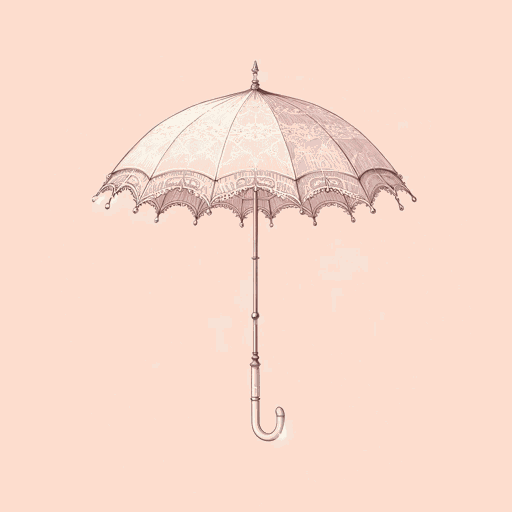36 pages • 1 hour read
Henry JamesDaisy Miller
Fiction | Novella | Adult | Published in 1878A modern alternative to SparkNotes and CliffsNotes, SuperSummary offers high-quality Study Guides with detailed chapter summaries and analysis of major themes, characters, and more.
Important Quotes
“I hardly know whether it was the analogies or the differences that were uppermost in the mind of a young American, who, two or three years ago, sat in the garden of the ‘Trois Couronnes,’ looking about him, rather idly, at some of the graceful objects I have mentioned.”
(Part 1, Page 4)
This quotation is the first time that the narrator refers to themself as “I,” indicating that the story will be told in a first-person point of view by someone who is not a main character. Readers will also realize with this quote that the narrator does not have access to Winterbourne’s thoughts and that this whole episode happened several years ago, so there is a temporal and psychological distance between the narrator and Winterbourne.
“He was some seven-and-twenty years of age; when his friends spoke of him, they usually said he was at Geneva ‘studying.’ When his enemies spoke of him, they said—but, after all, he had no enemies; he was an extremely amiable fellow and universally liked. What I should say is, simply, that when certain persons spoke of him they affirmed that the reason of his spending so much time at Geneva was that he was extremely devoted to a lady who lived there—a foreign lady—a person older than himself. Very few Americans—indeed, I think none—had ever seen this lady, about whom there were some singular stories.”
(Part 1, Page 4)
Here, the narrator gives the reader some background on Winterbourne. There is a moment where they correct themselves mid-sentence, saying that Winterbourne didn’t actually have any enemies, but some people did say that the reason he was in Geneva was because of a lady and not to “study.” It is a vague reference but it does tell the reader that Winterbourne may have a relationship with another woman, and that there may be something unconventional or even scandalous about her since there are “some singular stories” in circulation about her. This small reference will re-emerge again at the end of the novella, and highlights The Double Standards for Men and Women, as Winterbourne is free to engage in affairs while women like Daisy are not.
Related Titles
By Henry James

Roderick Hudson
Henry James

The Ambassadors
Henry James

The American
Henry James

The Aspern Papers
Henry James

The Beast in the Jungle
Henry James

The Bostonians
Henry James

The Golden Bowl
Henry James

The Jolly Corner
Henry James

The Portrait of a Lady
Henry James

The Real Thing
Henry James

The Turn of the Screw
Henry James

The Wings of the Dove
Henry James

Washington Square
Henry James

What Maisie Knew
Henry James
Featured Collections
Books that Feature the Theme of...
View Collection
Class
View Collection
Class
View Collection
Community
View Collection
Novellas
View Collection
Required Reading Lists
View Collection
Romance
View Collection
SuperSummary Staff Picks
View Collection
Victorian Literature
View Collection
Victorian Literature / Period
View Collection

